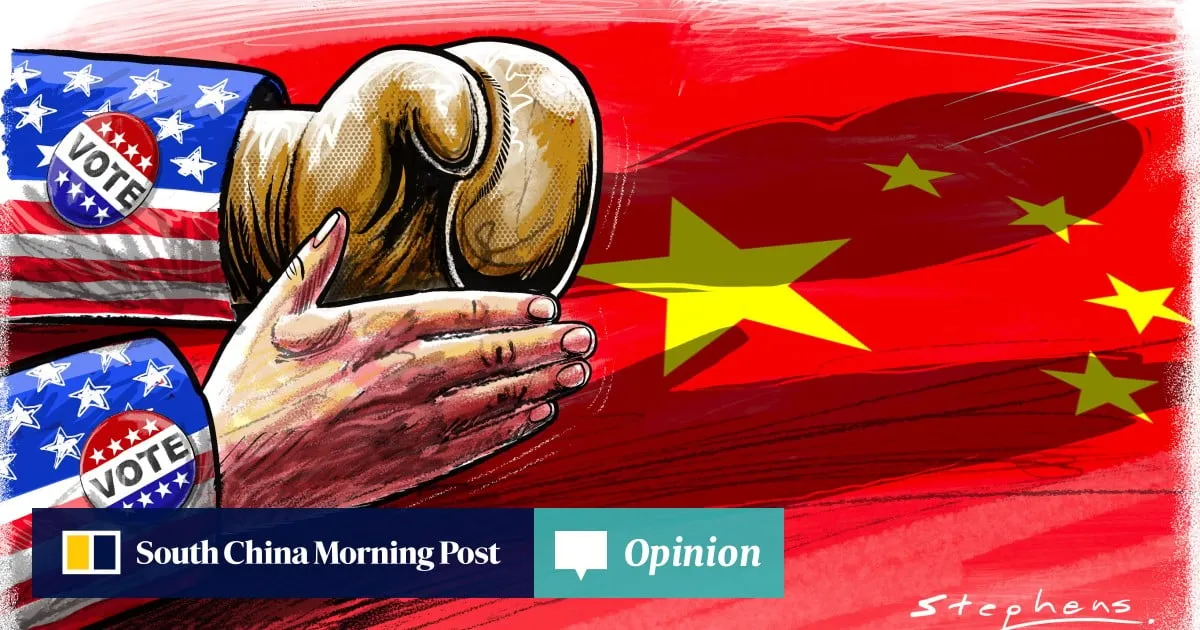Presidential Election Influences on US-China Relations

Presidential Election Dynamics at Play
The presidential election is poised to influence US-China relations in unprecedented ways. The political landscape reveals contrasting visions: former president Donald Trump foresees a confrontational approach, while Vice-President Kamala Harris, along with Minnesota Governor Tim Walz, may advocate for a more engaged stance. As each candidate articulates their policies, the implications for not just the two nations, but the global stage become clearer.
Contrasting Paths: Trump and Harris
- Trump's policies may escalate tensions with tariffs and a transactional international view.
- Harris and Walz could pursue strategic engagement, recognizing the necessity for cooperation amid competition.
Whichever path prevails, the trajectory of US-China relations will set critical precedents for future international relations.
Global Implications of the Election Results
The outcome of the presidential election will resonate far beyond borders, extending into the global economy and political alliances. An adversarial stance might fuel economic decoupling and destabilize the incumbent global order. Conversely, a more nuanced approach could facilitate cooperation on pressing global challenges, paving the way for a more balanced international environment.
This article was prepared using information from open sources in accordance with the principles of Ethical Policy. The editorial team is not responsible for absolute accuracy, as it relies on data from the sources referenced.